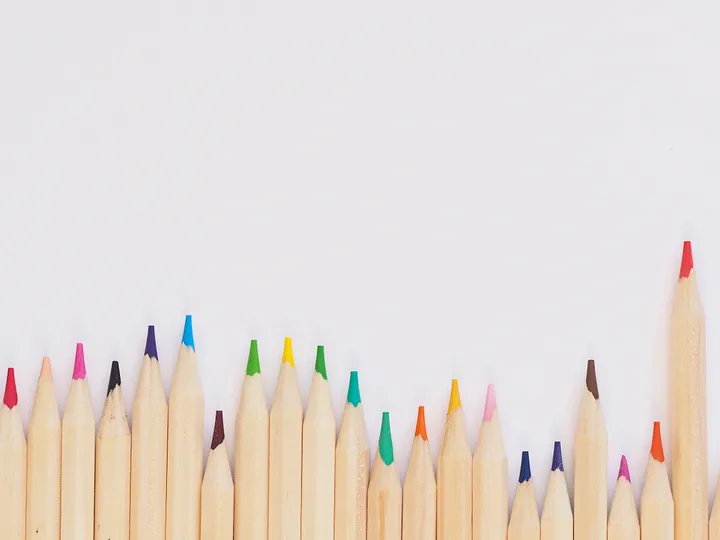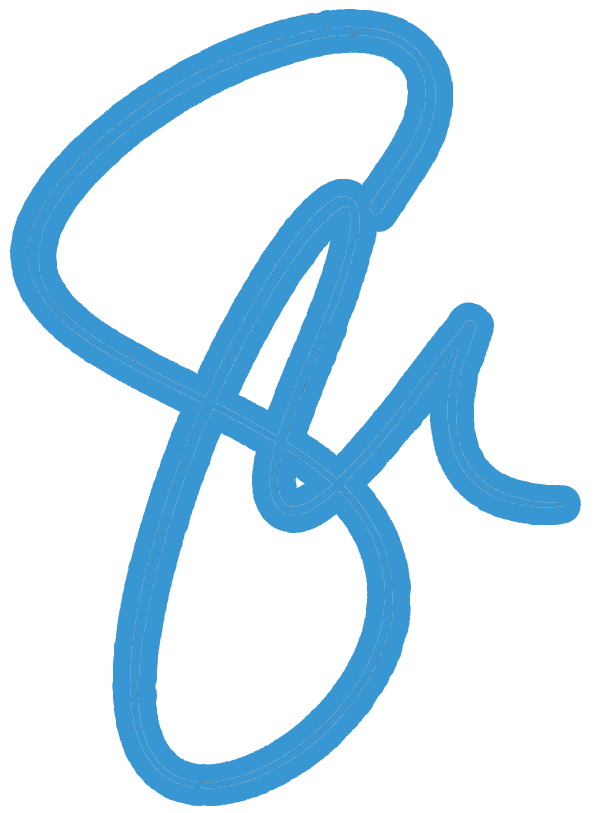Learning new skills is the best way to improve your personal and professional life.
But with so many options out there, it can be tough to decide which ones to focus on and how much you need to spend to learn a new skill.
Learning is one of the habits of every successful person, in fact, they devote time on a weekly basis for just the sake of learning. Here is the famous 5-hour rule by Benjamin Franklin on learning.
Benjamin Franklin invented the 5-hour rule to set aside 1 hour each day to read, reflect, and experiment; if you are interested in why the 5-hour rule is so important to become successful in life and why every successful person like Bill Gates, Warren Buffett, Charlie Munger, Oprah Winfrey, devote some time to learning each day.
Here are the top 7 skills you can learn (basics) in under 7 hours and decide if any one of them is the right fit for you.
Writing
You learn to write by writing. — William Zinsser
Whether you want to improve your business writing or become a better creative writer, there are plenty of resources to help you learn.
Spend an hour or two reading articles or books on the subject, and then practice what you’ve learned by writing for 20 minutes each day. Yes, that’s all you need to practice for 20 minutes daily.
Writing is a critical skill for success in school and the workplace.
Learning to write well can help you communicate your ideas effectively and persuasively. You can also use writing as a tool to improve your thinking and problem-solving skills.
Many online resources/courses can help you learn to write better, faster, and more efficiently.
How to learn
I got this idea about how to learn while reading the following book.
How to Read a Book: A Classic Guide to Intelligent Reading by Mortimer J. Adler with more than 4000 reviews. (amazon affiliate)
It’s one thing to know how to learn new things, but it’s another thing entirely to be good at it. Learning how to learn will help you pick up new skills more quickly and effectively.
There are plenty of articles and books on the subject, so spend an hour or two getting up to speed. Then, put what you’ve learned into practice by dedicating 20 minutes each day to learning something new.
In today’s fast-paced world, it’s more important than ever to be able to learn new things quickly and efficiently.
Whether you’re trying to pick up a new language or learn a new trade, being able to learn quickly can give you a significant advantage.
While some people seem to have a natural knack for learning, there are strategies that anyone can use to learn more effectively.
Learning is a lifelong process; there are many different ways to learn, and everyone has their unique way of absorbing information.
Whether you’re trying to learn a new language or expand your knowledge of the history of mathematics, some techniques can help you learn more effectively.
Some people prefer to learn through visual aids such as pictures or diagrams, while others prefer to listen to audio recordings.
Experiment with different methods and find the ones that work best for you.
Speaking
Whether you want to be a better public speaker or just become more confident in everyday conversations, improving your speaking skills is a great way to do it.
Start by watching videos on YouTube, especially TED Talks, and then practice what you’ve learned by giving your own speeches.
If you’re not confident in your speaking abilities. In that case, many resources are available to help you improve: participating in debates, public speaking clubs, or simply having conversations with friends and family.
Communicating your ideas clearly and persuasively can help you get ahead in life.
Mathematical Thinking
Logic is the hygiene the mathematician practices to keep his ideas healthy and strong. — Hermann Weyl
If you want to improve your problem-solving skills, learning how to think mathematically is a great way to do it. Spend an hour or two reading articles or books on the subject, and then practice solving problems on your own.
Mathematical thinking is a critical skill for success in school and professional life. Learning to think mathematically can help you solve problems more effectively and make better decisions.
There are many resources available to help you learn to think mathematically, including online courses, books, and websites.
For many, math is one of the most challenging subjects they’ll ever encounter. But even if you’re not a math whiz, it’s still important to be able to think mathematically.
Whether you’re balancing your budget or trying to figure out the best route to take to work, thinking through problems logically and mathematically can be a big help.
Research
Research is formalized curiosity. It is poking and prying with a purpose. — Zora Neale Hurston
Learning how to do research is a great way to find information more quickly and effectively. Start by reading articles or books on the subject, and then practice researching on your own.
Research skills are crucial in almost all aspects of life. If you want to find information quickly and efficiently, it’s important to know how to use research tools such as databases and search engines.
Many online resources can help you learn to conduct research effectively.
Critical Thinking
Critical thinking and curiosity are the keys to creativity. — Amala Akkineni
If you want to improve your ability to think critically, learning to question everything is the best way to start. Start by reading articles or books on the subject, and then practice thinking critically on your own.
Critical thinking can help you solve problems more effectively, make better decisions, and understand complex issues. Critical thinking is the backbone to growing in professional life.
Creativity
Creativity is seeing what others see and thinking what no one else ever thought. — Albert. Einstein

Creativity is critical for success in many fields, such as the arts, business, and engineering. If you want to be successful in any of these areas, it’s important to learn how to generate new ideas and solve problems creatively.
The bottom line
Learning new skills can be a great way to improve your life and career. These seven skills are critical; you can learn them in under seven hours each, however, at the basic level.
Learning is a treasure that will follow its owner everywhere. — Chinese proverb
I believe 7 hours of deep work is enough to learn the basics. I also believe learning should never stop because that’s the only way we can progress.
Start today, start now!
Thank you for reading; follow me and clap a couple of times.

